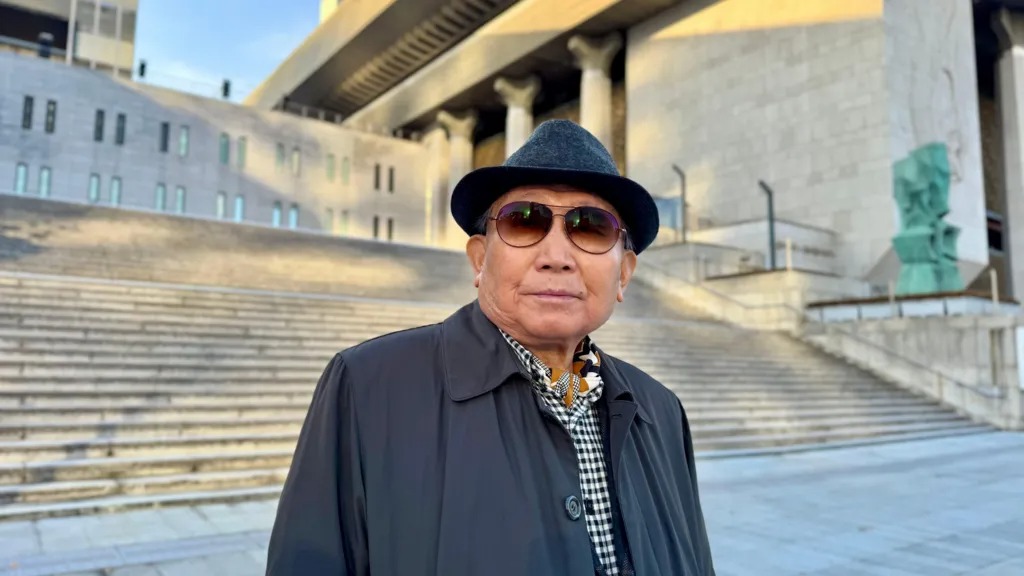
Martial Law in South Korea: A Turbulent History
South Korea’s democratic identity was forged through a history of struggle against authoritarianism. The country endured 16 instances of martial law during its first four decades under dictatorial rule. These periods were marked by widespread restrictions on freedom, violent crackdowns, and political suppression.
One of the most harrowing chapters was the 1980 Gwangju Uprising, where student protests for democracy were brutally crushed under martial law, leaving hundreds dead. Such events left deep scars on the national psyche and cemented democracy as a cherished right.
This week, President Yoon Suk-yeol’s unexpected declaration of martial law stirred memories of those dark times.
Public Response to Yoon Suk-yeol’s Declaration
When Yoon announced martial law on Tuesday, citing threats from “pro-North anti-state forces,” many South Koreans were initially alarmed, believing a genuine threat from the North existed. However, skepticism grew as Yoon failed to present evidence, leading many to believe the move was politically motivated.
Public outcry was immediate. Citizens gathered in protest, and lawmakers scrambled to reverse the decision, even clashing with troops at the National Assembly. Some soldiers reportedly hesitated to follow orders, underscoring the moral conflict within the military.
Kelly Kim, a 53-year-old activist, voiced the prevailing sentiment: “We don’t want to repeat the same mistakes. Martial law represents control, fear, and the loss of freedom.”
Cultural Representations of South Korea’s Authoritarian Past
South Korea’s creative industries have played a significant role in preserving and revisiting its authoritarian past. Films like 12.12 The Day and documentaries about the Gwangju Uprising bring these historical events to life, educating younger generations about the struggles for democracy.
Marina Kang, a 37-year-old web designer, reflected, “As soon as I saw Yoon’s declaration, it reminded me of those movies. It made me question: Are we about to repeat history?”
Even those too young to remember martial law feel its weight through family stories and media portrayals. Fifteen-year-old Kwon Hoo shared, “At first, I thought martial law meant no school. But then I realized how it could collapse daily life. I couldn’t sleep from fear.”
Why Democracy Matters Deeply to South Koreans
South Korea’s transition to democracy in 1988 was a hard-fought victory, born from decades of protests and sacrifices. Today, it’s a source of pride and identity for its citizens.
For older generations like Kang Hyo-san, who experienced the ideological battles of the post-war period, martial law once seemed like a necessary tool to stabilize the nation. However, even he believes Yoon’s declaration lacks justification.
“Back then, it was about restoring order. This time, it feels wrong,” said Mr. Kang.
As South Koreans reflect on their history, the consensus is clear: democracy and freedom are non-negotiable. Environmental activist Kelly Kim sums it up poignantly: “Without democracy and the freedom to live, what is life?”
Internal and External Links
- Internal Link: Kenkou Land
- External Link: BBC News





